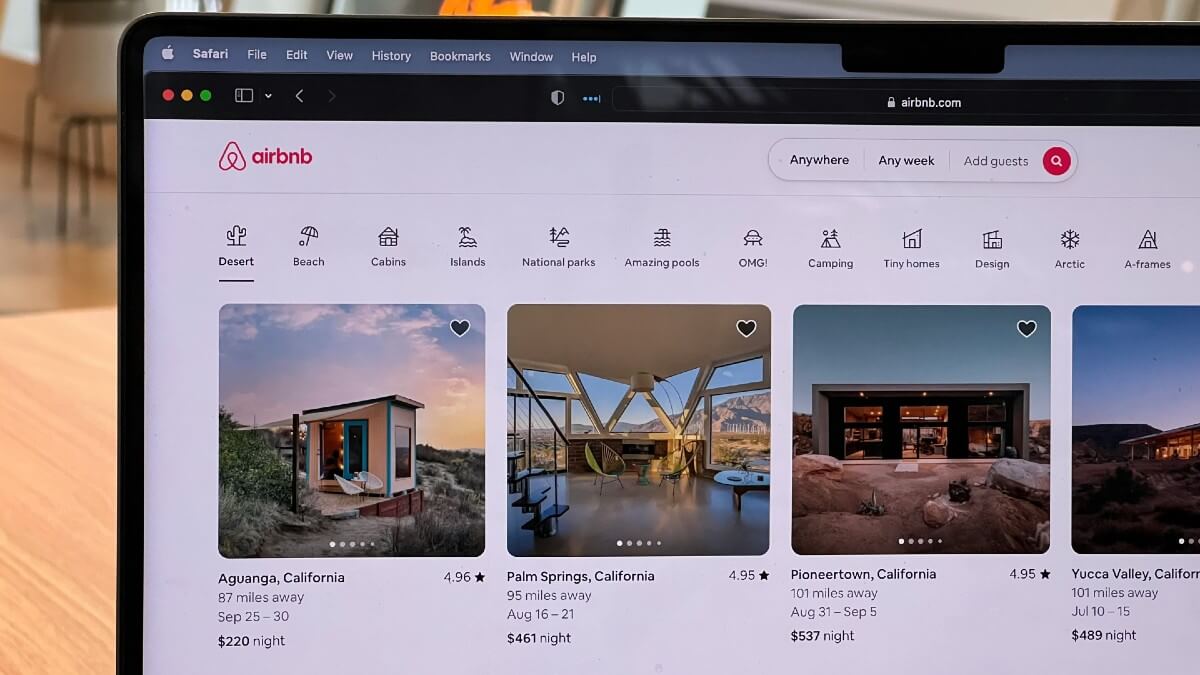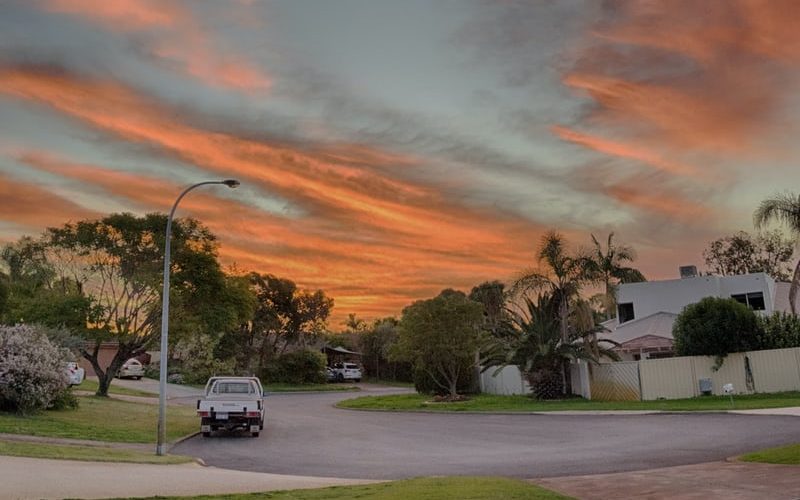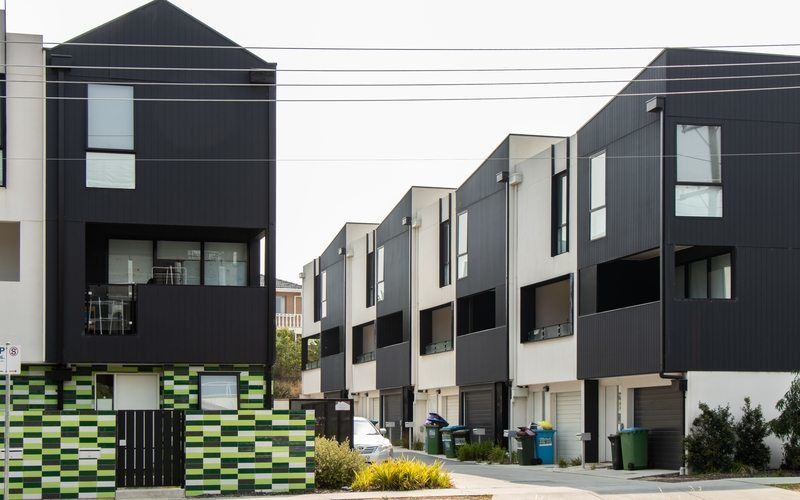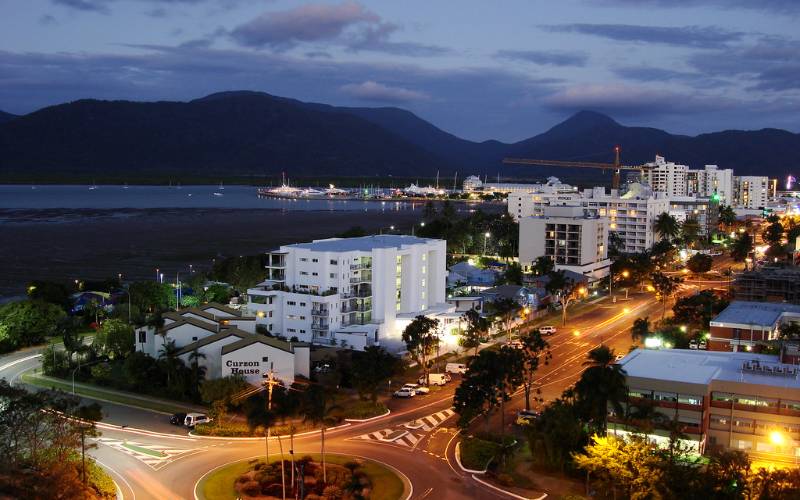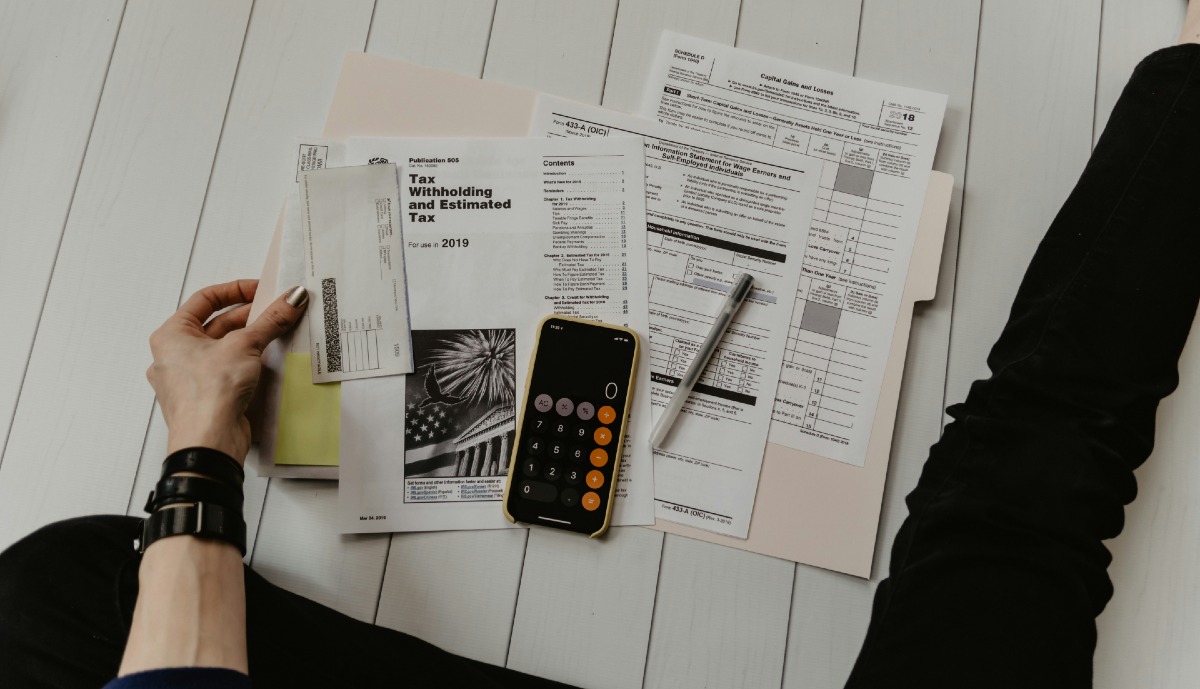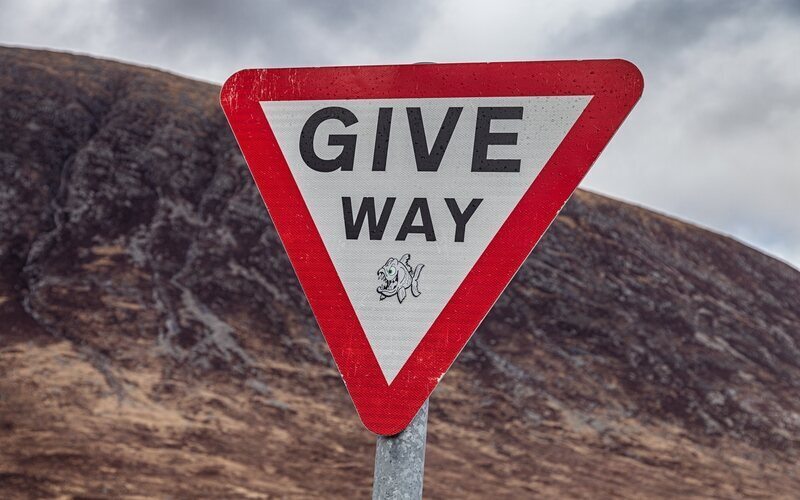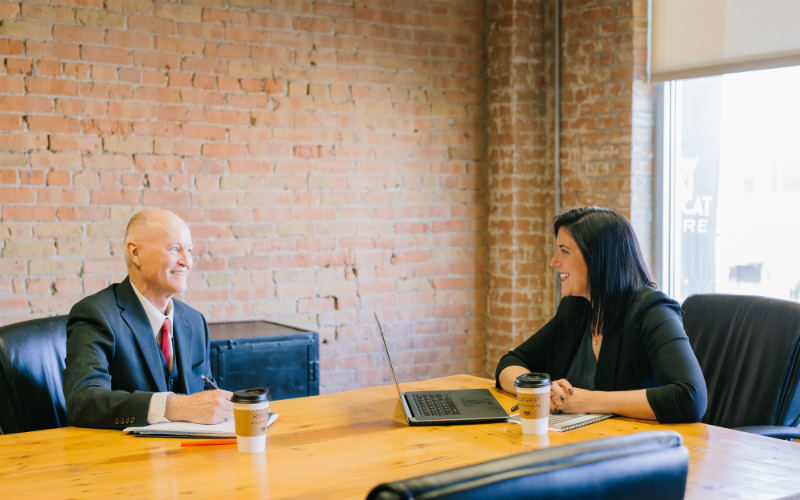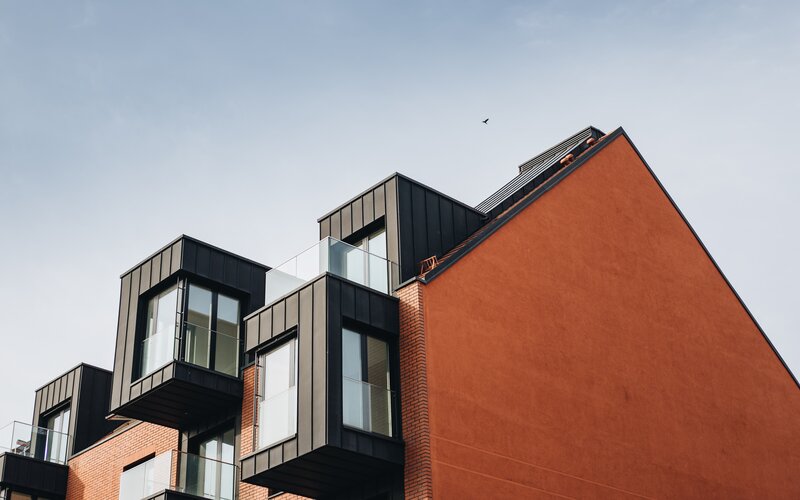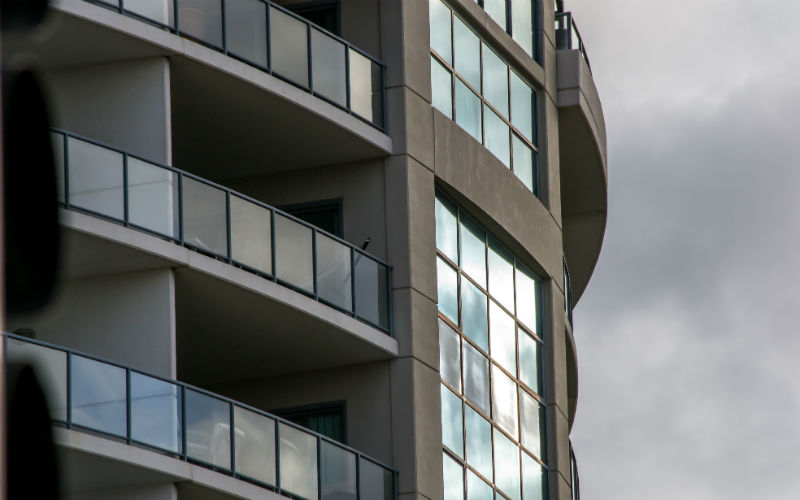Yesterday, a report by big four accounting firm Pricewaterhouse Coopers (PwC) called for the goods and services tax (GST) to be raised to 12.5%, after 20 years of it sitting at 10%.
PwC modelling found broadening the GST and raising it to 12.5% could yield up to an extra $40 billion a year in tax revenue.
Previously, prominent think-tank Grattan Institute called for a 15% GST.
GST currently yields about $70 billion per year under the 10% figure with five exemptions - fresh food, education, health, childcare, and sewage/water/drainage.
However, various public policy, finance and tax experts have mixed views on hiking the GST, while some groups have called for a review of other unpopular taxes such as stamp duty.
Should stamp duty get the axe?
PRD Real Estate chief economist Dr Diaswati Mardiasmo said if stamp duty were to get axed, there would need to be a transition period.
"Stamp duty being abolished is definitely something that needs to be considered, as it can deter many home buyers, particularly non-first home buyers and investors," Dr Mardiasmo said.
"The government will need to recoup this loss too though, and one of the ways to do so is to replace it with a wider/broader land tax.
"There would need to be a transition period – and we would need calculate whether paying a land tax annually is more beneficial in the long run than paying a one of stamp duty, especially considering that land values are evaluated on a yearly basis.
"The benefit of abolishing stamp duty is upfront – that is, it reduces property transaction costs.
"This alone can stimulate more dwelling purchases by non-first home buyers (many states have waived stamp duty for first home buyers up to a certain property price threshold) which can result in increased housing supply and have a roll-on effect to housing affordability."
Potential GST rise a blow to households during COVID-19
Tax expert and author Dr Adrian Raftery - aka Mr Taxman - questioned if other taxes would be reduced to compensate for a rise in GST.
"GST is a consumption tax and although the rich probably consume three to four times more than the less affluent in the country, there is no doubt that they earn way more than three to four times," he said.
"I think there are a lot of people struggling right now during this economic crisis and the last thing they need is a 2.5% hike on their food bill."
PwC research indicated those on the highest income quintile earn seven times as much as those on the lowest quintile.
The PwC report also found tax yields from the GST have failed to recover from the global financial crisis of 2008.
Dr Mardiasmo said revenues have taken a further hit during COVID-19.
"Australians are spending less on items that do attract GST, therefore government income from that stream has seen a declining trend, and our national accounts have shown a decline in March quarter 2020," she said.
"Federal and state governments did spend large supporting COVID-19 - in total Australia spent approximately 15% of its GDP to support COVID-19, one of the highest among G20 countries - therefore, in a way, there is a need to recoup the spend."
Dr Isaac Gross, a lecturer in economics at Monash University, wrote in The Conversation that Australia "needs" a six-month GST holiday to help households, citing other countries such as the UK that have done similar in previous crises.
A six-month GST holiday would cost the government approximately $35 billion, according to Dr Gross.
Wider tax reform needed, too
Dr Mardiasmo said an increase to GST needs to form part of a wider conversation on tax reform.
"GST is one of (the) government's income sources to fund infrastructure projects, which is crucial for our nation," she said.
"People may significantly protest over purely an increased tax, especially at the moment when many businesses and people are still recovering from COVID-19 - our economy is not in full swing yet to pre-COVID-19 levels.
"However if the Australian people see a simplified tax system, and at the right time, there could be a really positive outcome for the government.
"There has to be bilateral agreement between states to make it happen realistically.
"When talking tax reform it’s a matter of substituting one tax for another type, preferably a more effective and simplified one, as the government still needs income to fund all of their objectives - infrastructure development and social benefits being the major costs.
"The challenge is to create a tax system that is efficient, effective, and equitable – all at the same time."
Economist Lindsay David told Savings.com.au a property tax could be an alternative revenue stream to personal income tax.
"Basically replacing income tax with property tax would require the property tax rate to be high enough to cover what is lost in eradicating income taxes," he said.
"Just to be clear I neither support or think it's a bad idea, but looking at it objectively, it's an alternative way for the federal government to collect revenue.
"States already have a land tax so there are a few complexities in the model."
A 2% annual tax on household property wealth could cut income taxes on individuals as a unit pay in income taxes by ~60%. ~3.31% property tax could replace income tax.
— Lindsay David (@linzcom) July 6, 2020
How Australia's GST compares
According to PwC's report, Australia's GST rate is the equal fourth-lowest among Organisation for Economic Co-operation and Development (OECD) nations.
Many European nations have GSTs or value-added taxes (VAT) over 15%, with Hungary's the highest at 27%.
While Australia's official rate is higher than Canada's at 5%, Canada has a provincial system - in British Columbia the sales tax is 7%, while in Ontario that rate is 8% (12% and 13% totals respectively).
In the United States, sales tax is down to the states, and states such as Delaware, Montana and Oregon have none, while other states such as New Jersey and Illinois have rates above 10%.
Will GST actually get hiked?
Officially, it is off the cards for now, but never say never.
The Australian Financial Review reported that Prime Minister Scott Morrison "has tasked Treasurer Josh Frydenberg and his state counterparts with developing tax reform options for the pandemic recovery".
Finance and political commentator Peter Switzer ruled it out.
"So what are the chances of this GST idea being on the agenda for the next election? My guess is zero," he said.
"Also for a GST change, you need the State Governments onside.
"That’s not easy and Paul Keating explained why when he was Treasurer when he came up with the line '…never stand between a premier and a bucket of money'.
"Selling a higher GST will make it easy for opponents to run a scare campaign but on some issues the Opposition wouldn’t have to say anything.
"Just imagine if you had kids at a private school where the fees are unbelievably high nowadays and 12.5% is added to those fees.
"A hell of a lot of Aussies would fear giving politicians the green light to reach into their lives and bank accounts via a broader and higher GST."

Ready, Set, Buy!
Learn everything you need to know about buying property – from choosing the right property and home loan, to the purchasing process, tips to save money and more!
With bonus Q&A sheet and Crossword!



 Aaron Bell
Aaron Bell
